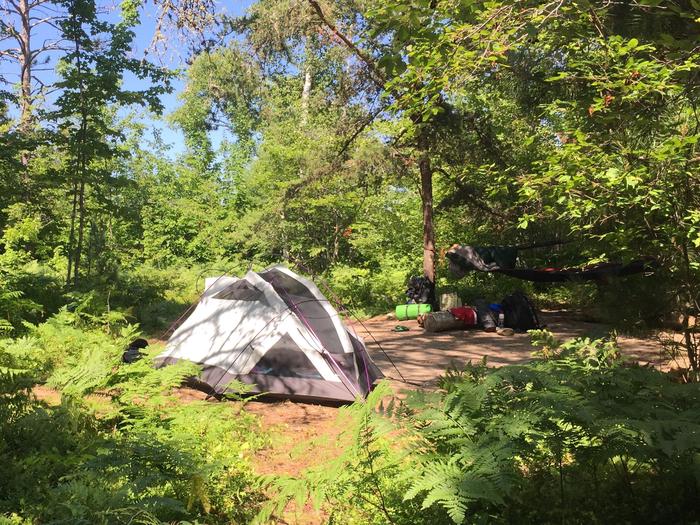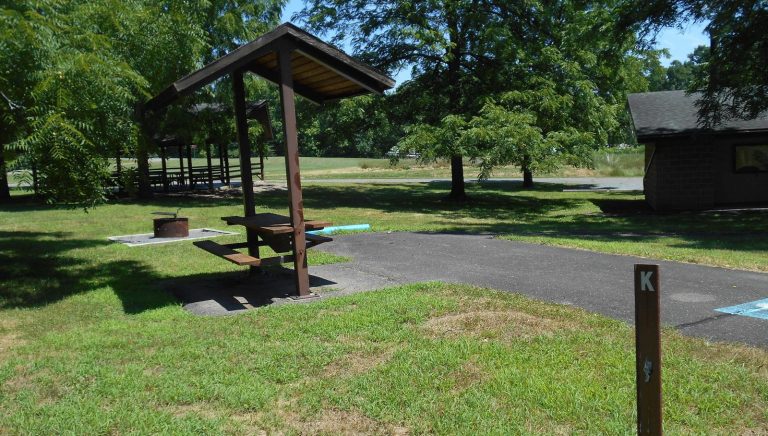Directions
The refuge consists of islands approximately 30 miles offshore of San Francisco in the Pacific Ocean. It is closed to public access. However, there is an exhibit on Farallon Refuge wildlife at the San Francisco Bay Refuge Complex visitor center in Fremont, California.
Phone
510-792-0222
Activities
WILDLIFE VIEWING
Camping Reservations
Reserve your campsite at these camping areas:
Hiking Trails
Looking for nice hiking areas to take a hike? Choose from these scenic hiking trails:
Related Link(s)
More California Recreation Areas
U.S. Fish and Wildlife Service
Pacific Southwest Region of the USFWS
Pacific Southwest Region of the USFWS
Point Blue Conservation Science Official Website
The Farallon National Wildlife Refuge is a group of islands located 28 miles west of San Francisco. It sustains the largest sea bird breeding colony south of Alaska and contains 30 percent of California’s nesting sea birds. Thirteen species, adding up to one-quarter of a million individuals, breed here, including the largest colonies of Brandt’s cormorant and western gull found anywhere. The refuge contains more than 50 percent of the world’s entire ashy-storm petrel population, a declining “species of management concern,” whose breeding range is restricted to California. Thousands of endangered California brown pelican disperse from breeding sites further south to roost and feed on the refuge. Six seal or sea lion species breed or haul out to rest on the Farallon Islands. The refuge and surrounding waters are critical habitat for the threatened Stellar’s sea lion at the southernmost tip of their breeding range. Refuge management focuses on restoring the historical abundance of wildlife that existed prior to a century of human exploitation and disturbance. Species are gradually recovering. Northern fur seals have recently returned to breed after an absence of over 100 years. Most of the refuge is a designated Wilderness Area.






